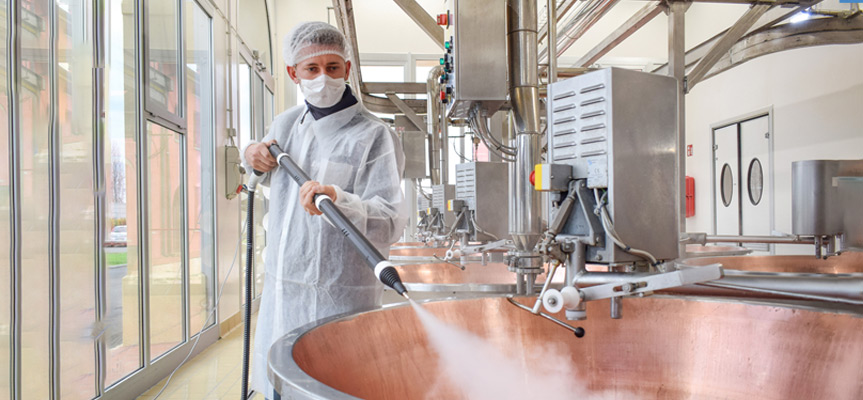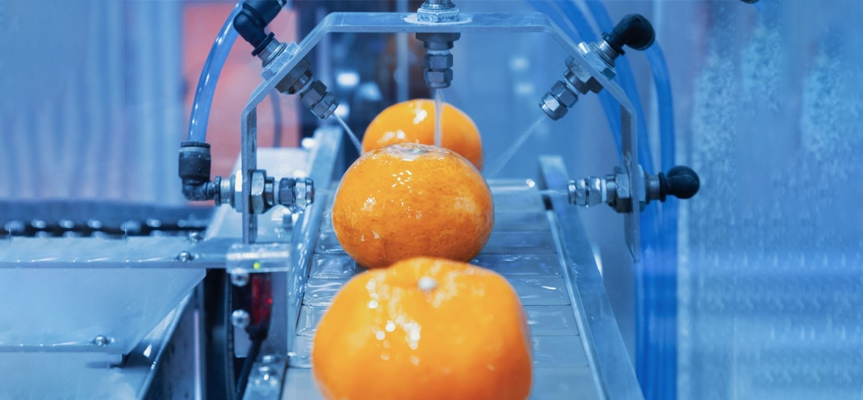Water Crisis and Global Concerns
Today, due to climate change and increased water consumption, the water shortage crisis has become a serious global warning. Reducing water consumption has turned into a global necessity and urgent need.
What is hydronomics?
Hydronomics is a concept that focuses on the economic and sustainable management of water resources. It involves the study and analysis of the interactions between water and economics. The term is a combination of “hydro” (water) and “nomics” (economics) and refers to policies, models, and methods designed to optimize the use of water resources with the least cost and maximum economic benefit. Hydronomics emphasizes the importance of water as a scarce and vital resource in the economy, aiming to optimize water consumption patterns across various sectors, including agriculture, industry, and urban use. A key aspect of hydronomics is water resource management, which involves strategies to reduce water wastage, recycle it, and prevent excessive consumption in different sectors.

Water Consumption in the Food Industry
The food industry heavily relies on water consumption. Water is used both as a part of the food production process and for cleaning equipment and production areas. Thermal processes and cooling during production largely depend on heat exchangers that use water as a heat transfer fluid, and steam boilers are an integral part of the food industry. Additionally, food production and packaging equipment must be cleaned and sanitized following CIP (Clean-in-Place) and COP (Clean-out-of-Place) principles, using water-based solutions. Today, large food production companies are relying on hydronomics principles to minimize water consumption. Some companies have set a target of reducing water usage by 25% by 2025.
Hydronomics in the Food Industry
- One of the main factors increasing water consumption in the food industry is the cleaning of equipment and production areas. A detailed examination of processes and optimizing water usage in these steps can help reduce production costs and preserve water resources. Replacing traditional methods with new techniques such as high-pressure washing can significantly reduce water usage. Dry cleaning methods and combining water with sterilization techniques can also be applied in the production of some food products.
- The use of recycling systems to collect used water from different parts of food production can help in reusing water resources. Investing in water collection and separation systems for use in different areas is one of the key strategies for reducing water consumption. For instance, filtration and water treatment systems installed in food production factories enable the recycling of water used for non-critical processes.
- Reducing food waste is an indirect method for decreasing water consumption in the food industry. A significant amount of water is used to produce each unit of food. Hydronomics, by focusing on reducing waste in food production and distribution processes, can contribute to cutting unnecessary water use. In this context, producing high-quality food products and ensuring proper distribution monitoring to prevent spoilage and wastage is crucial.
- Monitoring water usage plays a vital role in identifying high-consumption points and improving processes. Installing smart sensors in water distribution and consumption systems in factories for continuous and accurate monitoring helps identify areas with water wastage and optimize water use.
- Training the employees and fostering a culture of water consumption management is another essential aspect. Promoting efficient water use and educating factory staff on the importance of water resource management and ways to reduce consumption can significantly impact water wastage reduction.
- Energy consumption management, due to its relation to water use, can also help reduce water consumption. Optimizing energy production systems and mechanical equipment through methods that require less water can simultaneously reduce energy costs and water consumption. For example, using efficient heating systems that require less water for cooling will lead to a reduction in water use.

